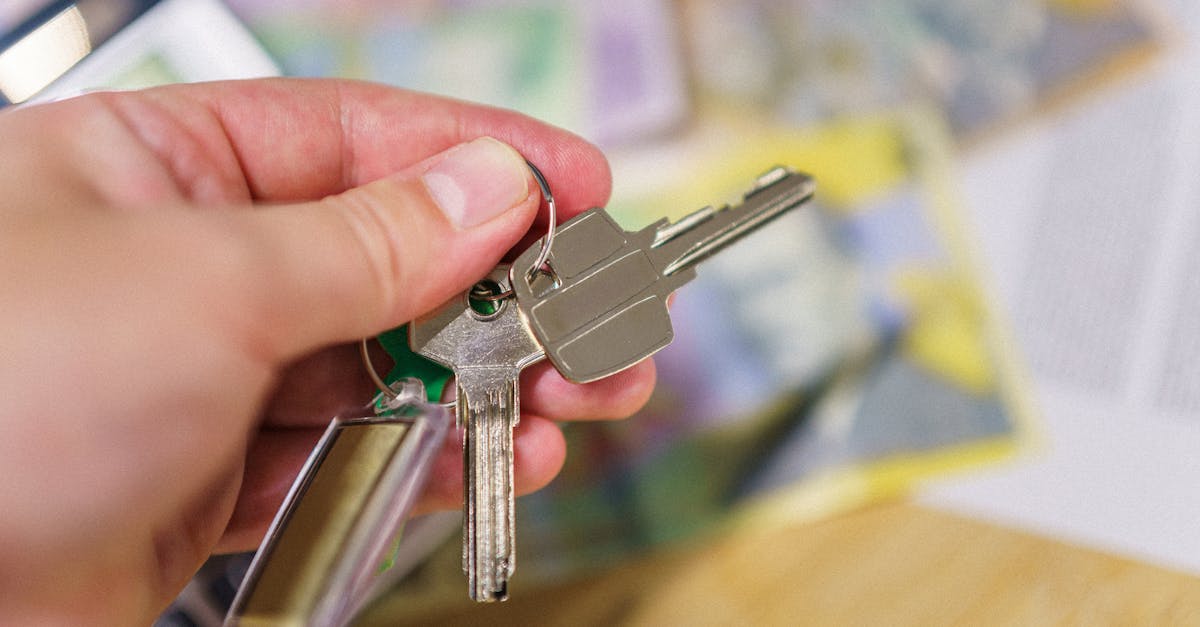What are standard dumpster sizes?

Table Of Contents
Comparing Different Dumpster Sizes
When it comes to dumpster sizes, options vary significantly to accommodate different needs. The most common sizes include 10-yard, 20-yard, 30-yard, and 40-yard dumpsters. A 10-yard dumpster is suitable for smaller projects, such as cleaning out a garage or yard debris removal. Mid-range options like the 20-yard dumpster work well for renovations or commercial cleanouts, while larger sizes are ideal for major construction projects or large-scale cleanouts.
Understanding the dimensions of each dumpster type can help in selecting the right one for the job. A 10-yard dumpster typically measures around 12 feet long, 8 feet wide, and 3.5 feet high. The 20-yard dumpster is roughly 22 feet long, 8 feet wide, and 4.5 feet high, providing more volume for larger jobs. As the size increases, so does the capacity for waste, making it essential to choose a dumpster that meets the specific requirements of the project without resulting in unnecessary costs or waste capacity issues.
How to Determine the Right Fit
Choosing the appropriate dumpster size requires careful consideration of the scope of the project. For smaller tasks like cleaning out a garage or disposing of yard waste, a 10-yard dumpster may suffice. Larger projects, such as full home remodeling or extensive landscaping, might need a 20-yard or even a 30-yard dumpster to accommodate the increased volume of debris.
Another crucial factor is the type of materials being disposed of. Heavy materials like concrete or asphalt may necessitate a smaller volume due to weight restrictions, which could require a different size than a dumpster intended for lighter items such as cardboard or wood. Additionally, estimating waste quantity through a careful assessment of belongings or project specifications can help streamline the decision-making process.
Specific Uses for Each Dumpster Size
Different dumpster sizes cater to varying project needs, making it essential to select the appropriate size based on the scope of work. Smaller dumpsters, like 10-yards, are often best for minor renovations or garage cleanouts, allowing for a manageable amount of debris without consuming excessive space. Mid-sized dumpsters, such as the 20-yard option, accommodate larger projects, including home remodeling or office cleanouts, capturing a more substantial volume of waste without overwhelming the area.
For large-scale operations, including construction sites or major landscaping projects, 30-yard and 40-yard dumpsters are typically recommended. These sizes can handle substantial amounts of heavy materials like concrete or soil, streamlining the disposal process for significant undertakings. Identifying specific uses for each dumpster size ensures efficiency and convenience regardless of the project's nature.
Ideal Jobs for 10Yard Dumpsters
A 10-yard dumpster is a versatile option commonly used for small to medium-sized projects. It is capable of holding approximately ten cubic yards of waste, making it ideal for residential cleanouts and minor renovations. This size is often chosen for tasks such as garage cleanouts, yard debris removal, or bathroom remodels. Homeowners frequently find that it efficiently accommodates construction debris, furniture removal, and household junk.
Additionally, the 10-yard dumpster is well-suited for roofing projects where the volume of shingles and old roofing materials is manageable. Its compact size allows for easier placement on a property, particularly in tight or confined spaces. Many contractors and DIY enthusiasts prefer this size because it can handle the waste produced from smaller projects without requiring excessive hauling resources.
Factors Affecting Dumpster Size Selection
Several elements play a role in choosing the appropriate dumpster size for a project. The volume of waste generated is a primary consideration. Larger jobs, such as major renovations or large-scale cleanouts, typically produce more waste. This often necessitates a larger dumpster to accommodate the excess material without causing delays.
The type of waste also impacts the decision. Construction debris, household junk, and yard waste each have unique characteristics that can influence the required size. For instance, heavy materials like concrete and bricks may need a smaller dumpster if the weight limit is a concern. Understanding the specific needs of the project will help in making an informed choice that aligns with both disposal requirements and budget constraints.
Volume of Waste and Type Considerations
When selecting a dumpster, assessing the volume of waste is crucial in determining the appropriate size. Different projects generate varying amounts of debris, whether it be from home renovations, landscaping, or construction efforts. Understanding the total volume can help avoid overloading a dumpster, which can lead to added fees and logistical issues with disposal.
The type of material being discarded also plays a significant role in the decision-making process. Some materials, like yard waste or concrete, have different weight limits and disposal regulations compared to general household items. Ensuring that the chosen dumpster can accommodate both the volume and type of waste can facilitate a smoother waste removal experience.
FAQS
What are the most common dumpster sizes available for rent?
The most common dumpster sizes available for rent typically include 10-yard, 20-yard, 30-yard, and 40-yard containers. Each size is designed to accommodate different volumes of waste.
How do I determine which dumpster size I need for my project?
To determine the right dumpster size for your project, consider the volume of waste you expect to generate, the type of materials you'll be disposing of, and the space available for the dumpster. Consulting with a rental company can also help.
What types of projects are best suited for a 10-yard dumpster?
A 10-yard dumpster is ideal for smaller projects such as garage cleanouts, small renovations, and landscaping jobs. It can hold approximately 3 pickup truck loads of debris.
Can I use a dumpster for hazardous waste disposal?
No, standard dumpsters are not intended for hazardous waste disposal. You should contact local waste management authorities for proper disposal methods for hazardous materials.
Are there any additional fees associated with renting a dumpster?
Yes, additional fees may apply for factors such as exceeding weight limits, keeping the dumpster for longer than the rental period, or disposing of prohibited items. Always check with your rental company for their specific policies.